The US Agency for International Development, the US Department of Education and the British Council are some of the prominent organizations that are said to be at risk of ceasing operations in the near future. How does this affect the study abroad opportunities of Vietnamese people?
SPONSORING MANY SCHOLARSHIPS AND FINANCIAL AID PROGRAMS
Last week, the public was abuzz with news that US President Donald Trump had ordered a 90-day freeze on all foreign aid programs, followed by a suspension of the US Agency for International Development (USAID). On February 2, USAID’s headquarters in Washington DC was also closed. By February 7, most of the organization’s staff around the world had been placed on “administrative leave.”
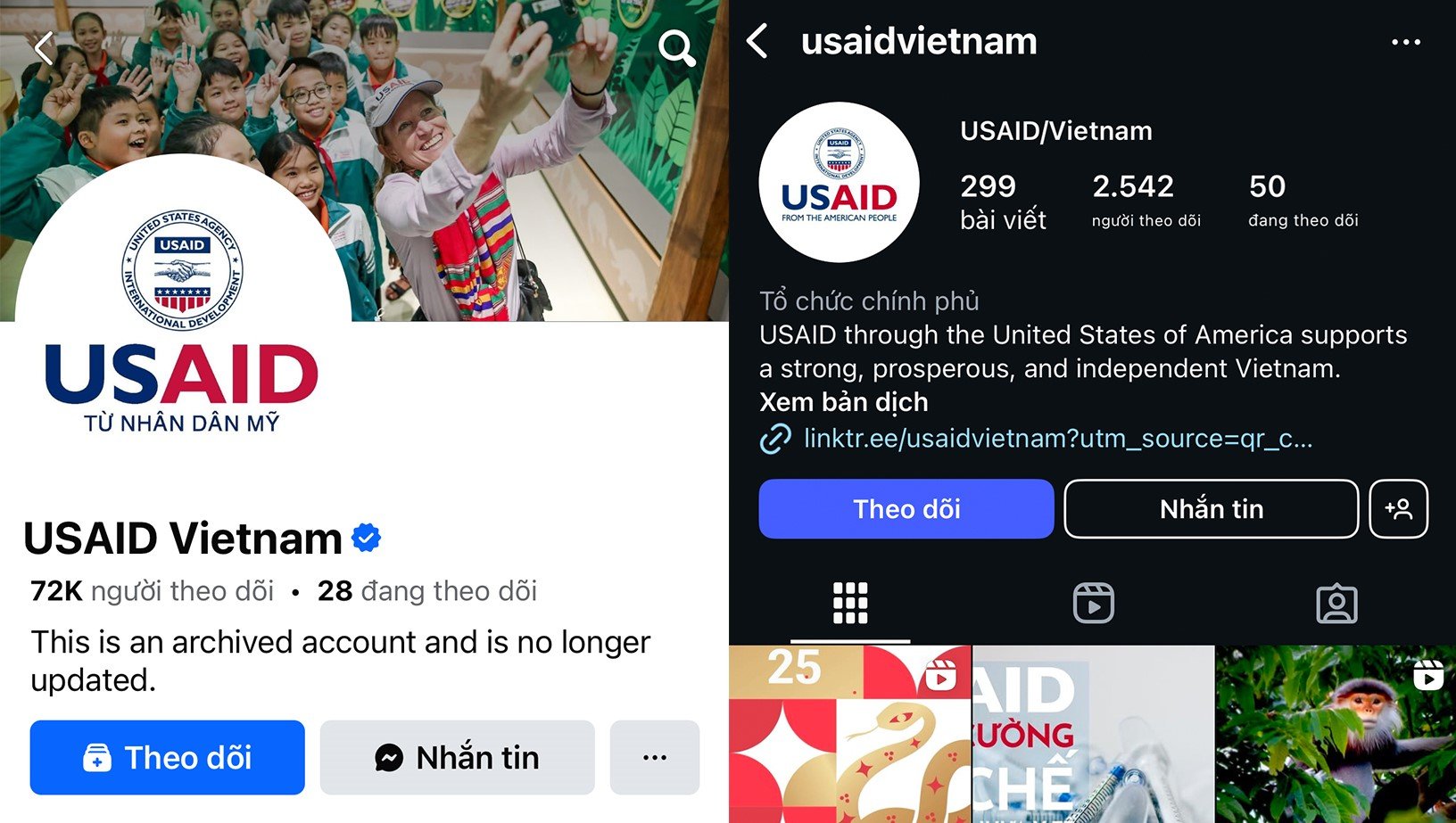
USAID VN stopped posting new news on official social networking sites in Vietnam such as Instagram and Facebook from January 28 and 29.
In another notable development, the British Council, the UK’s international organisation for cultural relations and educational opportunities, is at risk of “disappearing” within the next decade, according to its chief executive Scott McDonald. “The Covid-19 pandemic has hit our business hard, and like many organisations, the current global economic situation continues to make recovery difficult,” McDonald wrote on social media platform X.
Both the British Council and USAID have been operating and have representative offices in Vietnam, sponsoring many scholarship programs and providing financial support for Vietnamese people to study and conduct research abroad. In particular, USAID has cooperated with the Government, private sector, universities and research organizations in Vietnam as well as other stakeholders since 1989 to promote common priorities, according to the website of the US Embassy in Vietnam.
In particular, USAID is currently funding the Partnership for Higher Education Innovation (PHER) project, which will last until 2026, with the participation of three key universities: Hanoi National University, Ho Chi Minh City National University, and Da Nang National University. This is a USAID initiative to improve curriculum and teaching methods, thereby helping to modernize universities. USAID also supports the Ministry of Education and Training through the Vietnam Higher Education Policy Support (HEPS) project, which will be implemented until 2028.
However, the USAID Vietnam website has now been removed, and the agency has also stopped posting new information on official social networking sites in Vietnam such as Instagram and Facebook since January 28 and 29.
Meanwhile, the British Council currently manages prestigious scholarship programs of the British government and its partners and universities such as GREAT, Women in STEM, IELTS Prize, etc. In addition, this agency is also responsible for co-organizing the IELTS exam in Vietnam and has many other notable activities in the fields of culture, arts and education. This organization is also participating in the English training market in Vietnam.
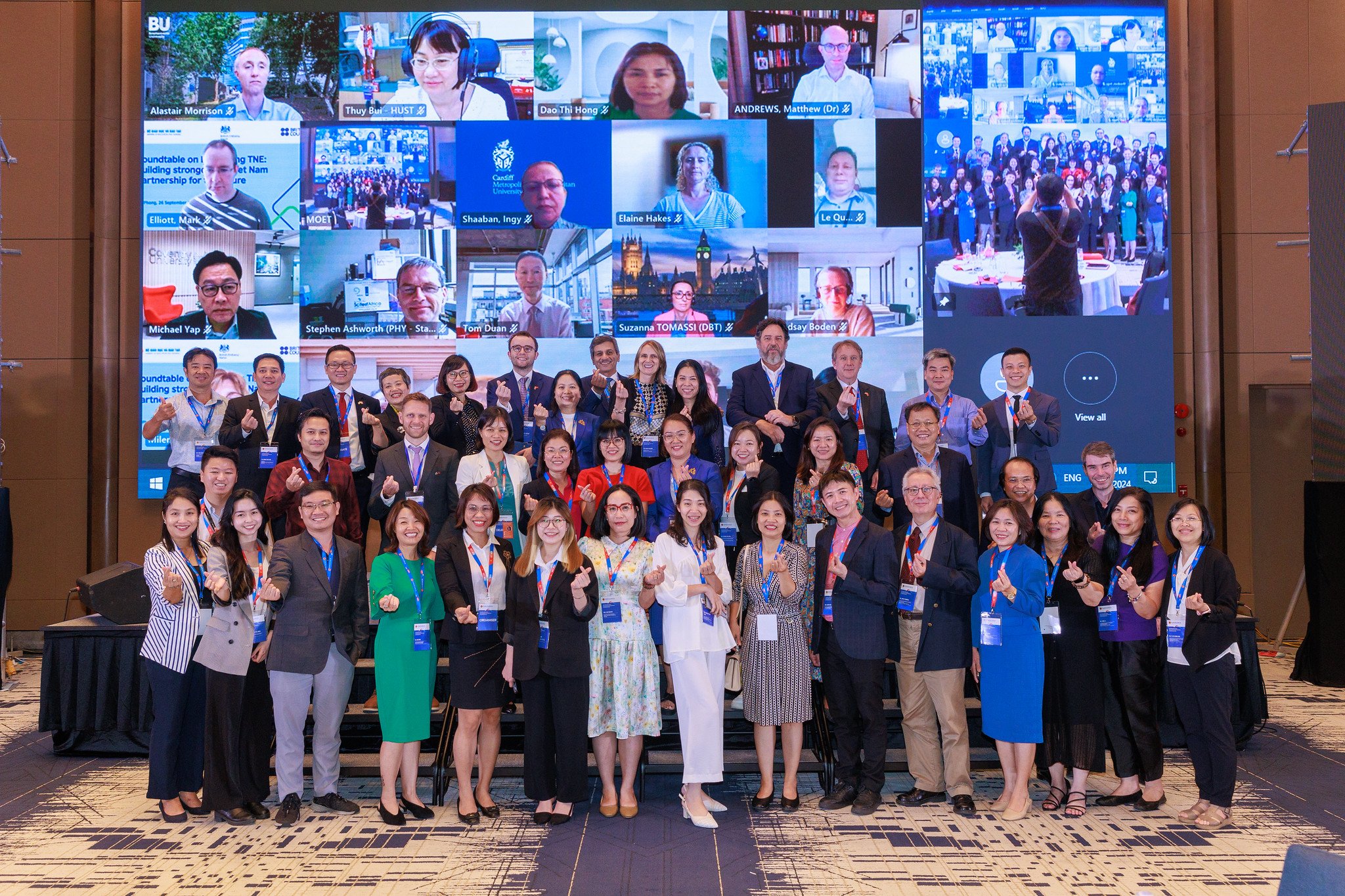
Domestic and foreign experts attended the launch of a report on Vietnam's potential to become a new international education destination in Southeast Asia, organized by the British Council.
MEASURES OF THE ANH COUNCIL
Sharing with Thanh Nien , Mr. James Shipton, Director of the British Council in Vietnam, said that Vietnam is a top priority country for the British Council, where the unit has maintained deep and strong relationships for over 30 years. "We do not think that the British Council's activities in Vietnam will have any major changes," Mr. Shipton shared about the organization's future in Vietnam.
Mr Shipton added that the British Council was taking steps to ensure its long-term financial sustainability, including asking the UK government to take swift action to help ease the burden of debt during the Covid-19 pandemic and the pressure of funding cuts over the past decade. The organisation also continued to review options for its future structure at all levels, from national to regional to global.
"We will avoid having to end our presence in some countries at all costs. However, if we do not receive support from the government, we will be forced to consider this situation. We are in the early stages of the process and it is too early to share further information at this time," Mr Shipton added.
STUDYING IN THE US MAY BE AFFECTED
In the US, in addition to USAID, another agency, the US Department of Education (DE), is also facing the risk of being dissolved or downsized, something President Trump pledged to do during his election campaign. Most recently, CNN cited a number of informed sources revealing that the US President is drafting an executive order to initiate a plan to eliminate DE, expected to be issued by the end of February.
Education expert Ngo Huy Tam, international education program development department, said that if DE is dissolved, Americans will be affected first because this agency is distributing 3 sources of money: federal grants (spending on federal financial support, about 100 billion USD), federal work-study (spending on work-study programs, about 1 billion USD) and federal student loans (credit loans for studying and researching at universities, worth more than 1.7 trillion USD).
Mr. Tam noted that the above figures are only forecast information, but it can be seen that this source of money has a significant impact on the financial capacity of American universities, even though the school has a larger cash flow structure from other sources (such as tuition, personal funding, community funds) than from the funds distributed by DE. "Basically, the dissolution policy is not only to cut the amount of money, but also to transfer money to another source for more effective distribution," Mr. Tam said.
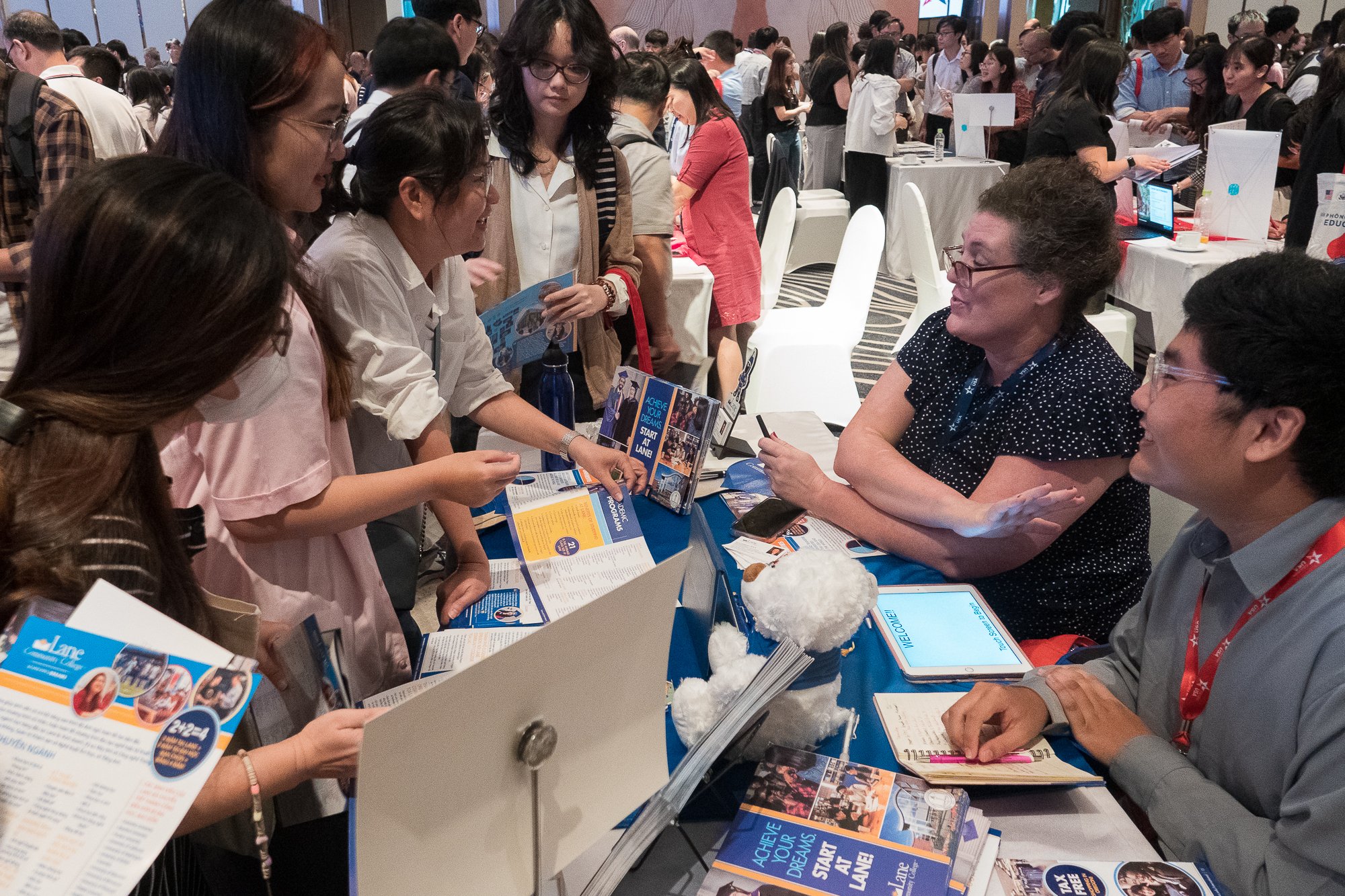
American University Representative Advises Parents and Students
From the above reality, for Vietnamese international students, the biggest impact will be the opportunity to receive scholarships and financial support. In the scenario where DE is dissolved, other management agencies tighten disbursement conditions, the university council is forced to rebalance funding sources. "Regarding this, all schools have officially announced to existing lecturers and graduate students," Mr. Tam shared.
According to Mr. Tam, the allocated funds will not be affected. However, the types of scholarships and financial aid that are reviewed annually may be affected if DE is dissolved, while scholarships with written commitments on acceptance conditions are still safe. "Applicants need to be prepared to respond flexibly, because schools can completely suspend the review while waiting for specific policies," Mr. Tam advised.
Education experts also expressed the view that under President Trump, universities, especially state public universities, will increase the recruitment of international students from developed countries. Scholarships and financial aid will become increasingly competitive. "Undergraduate degrees may be less affected than master's and doctoral degrees, because at higher levels of education, the conditions for receiving funding may be more stringent if the governing body does not have the expertise to evaluate," Mr. Tam analyzed.
However, all of the above comments are just predictions, according to Mr. Tam, because President Trump can sign an executive order to dissolve DE but then needs to go through a policy process with the participation of the legislature and judiciary.
Another notable trend is that many governments are planning to or have cut their budgets for university education in recent times, such as Australia, the UK, Norway, the Netherlands, etc. According to observers, this not only causes schools to increase tuition fees but also reduces scholarships and financial support to balance revenue, especially in units that are heavily dependent on government budgets.
Many public scholarship opportunities
In the context of the turmoil, many countries and territories are still opening their portals to receive full scholarship applications from Vietnam as usual. In February alone, the Singapore government began accepting ASEAN scholarship applications from February 10. Previously, on February 1, the Taiwanese government and the governments of Australia and New Zealand simultaneously opened the portals to register for full scholarship programs from undergraduate to postgraduate levels, depending on the destination.
Some funding programs in the US are still in place.
According to Thanh Nien 's research, some US government scholarship programs have not been affected by the country's recent moves, such as the Fulbright scholarship and the YSEALI scholarship. "Currently, the organizing committee has not announced any cuts to the program that I will participate in. I have not seen my classmates mention this either," a new YSEALI scholar who is expected to come to the US in the near future shared.
Source: https://thanhnien.vn/nguy-co-nhieu-to-chuc-quoc-te-dung-hoat-dong-co-anh-huong-hoc-bong-du-hoc-185250209175204446.htm




































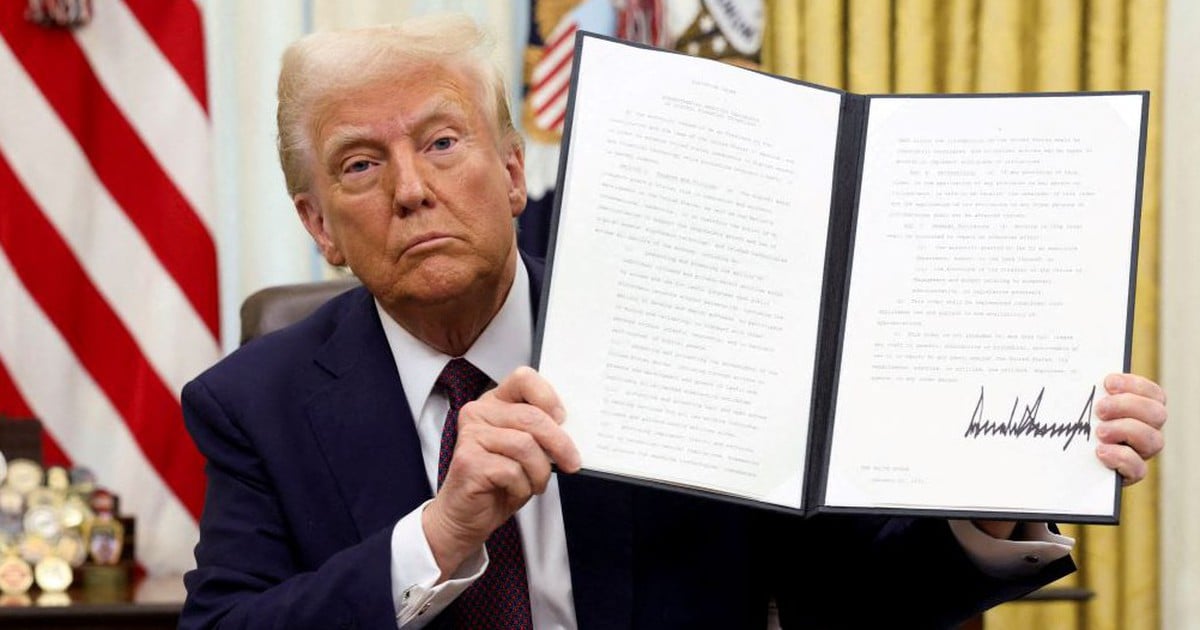
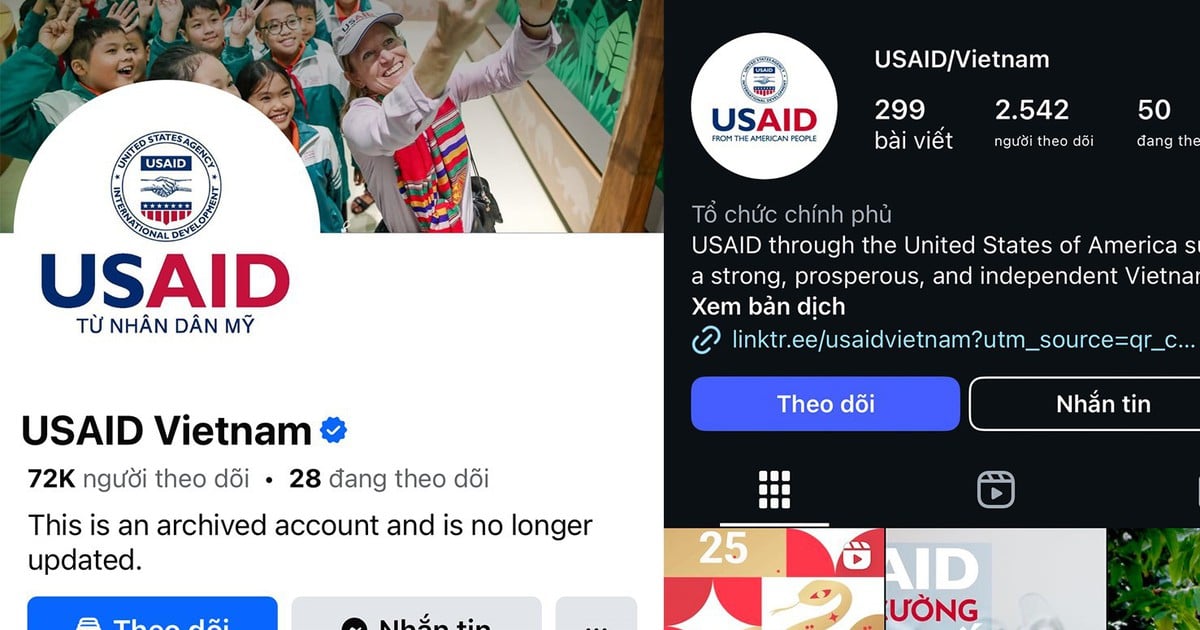
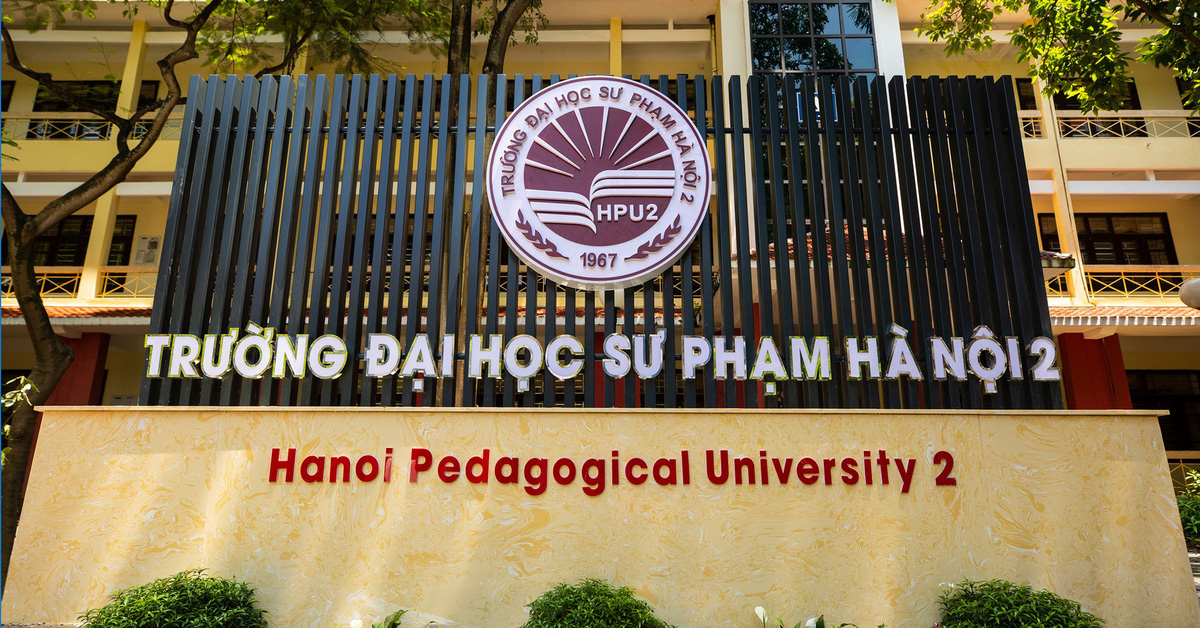


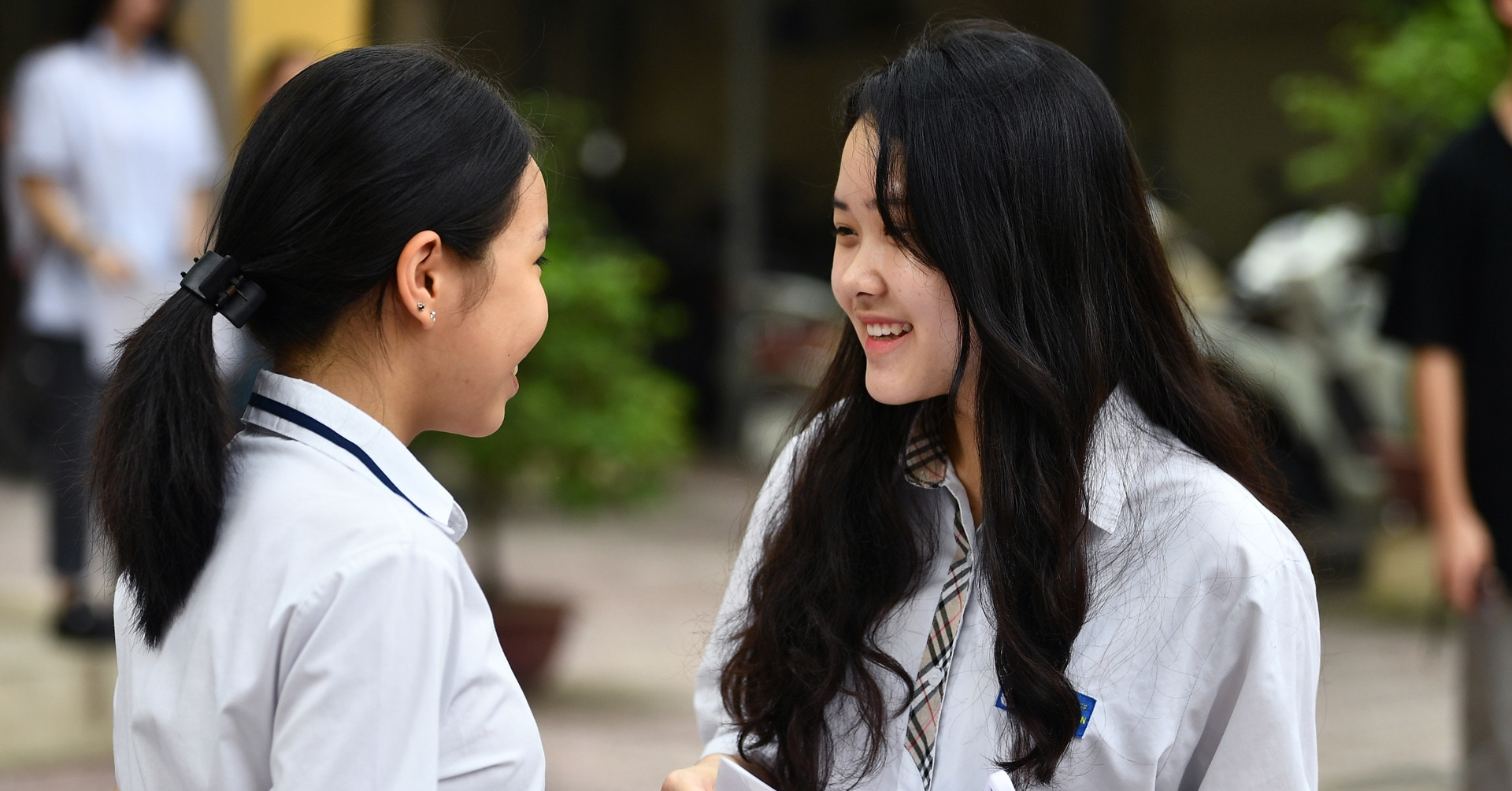
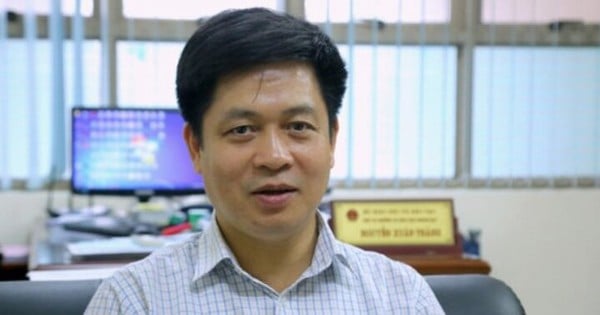

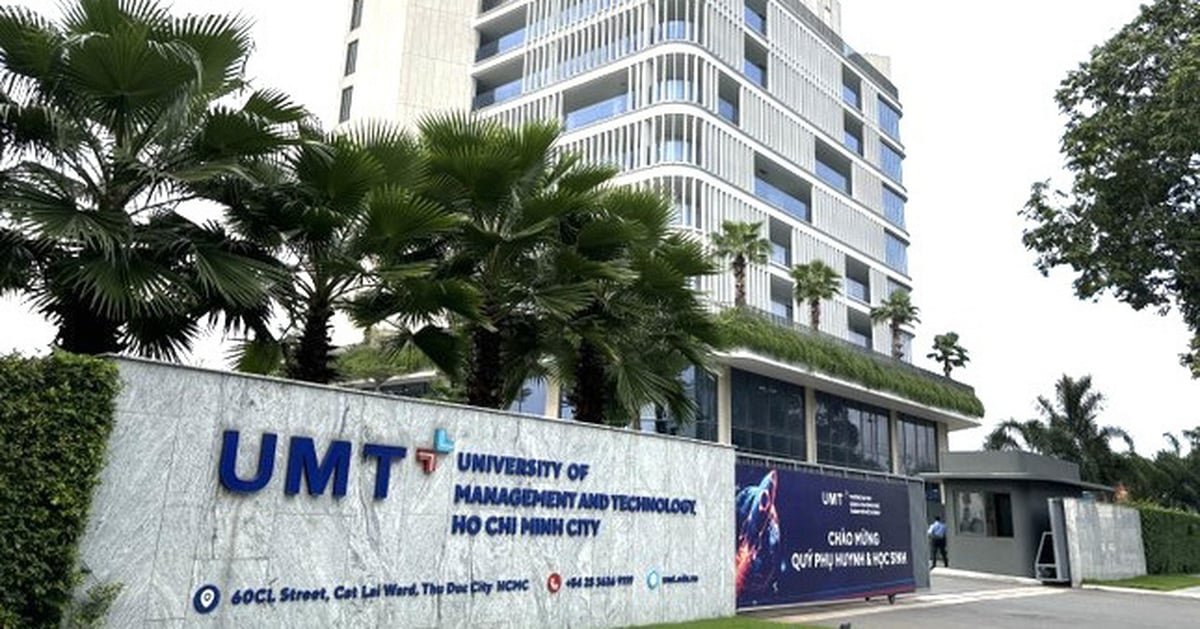
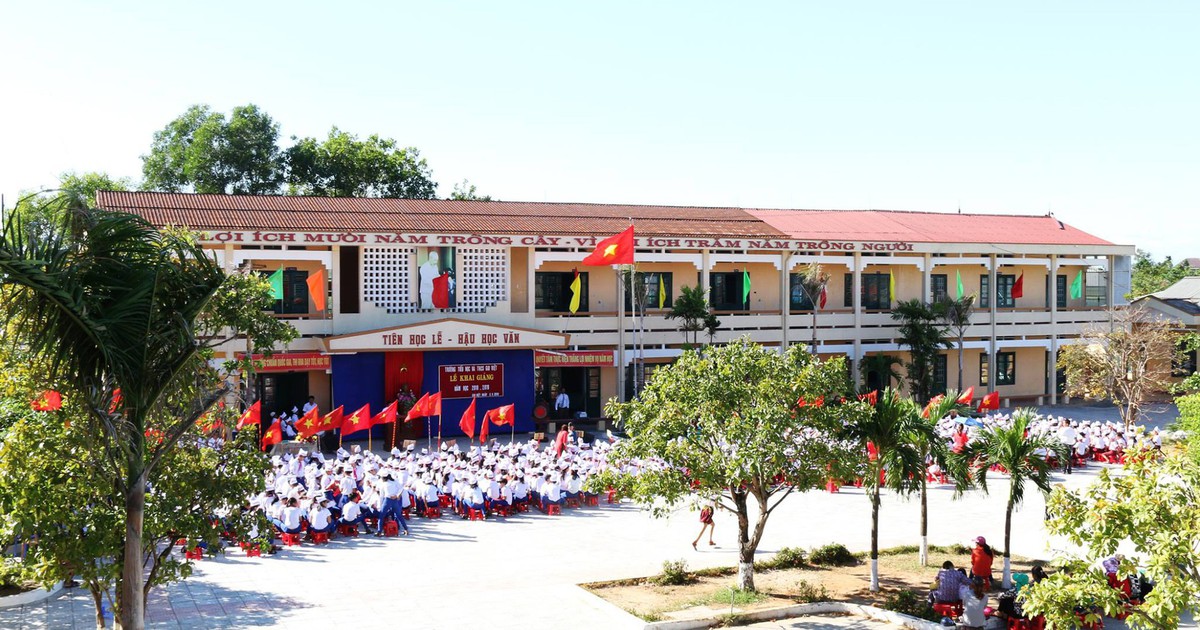





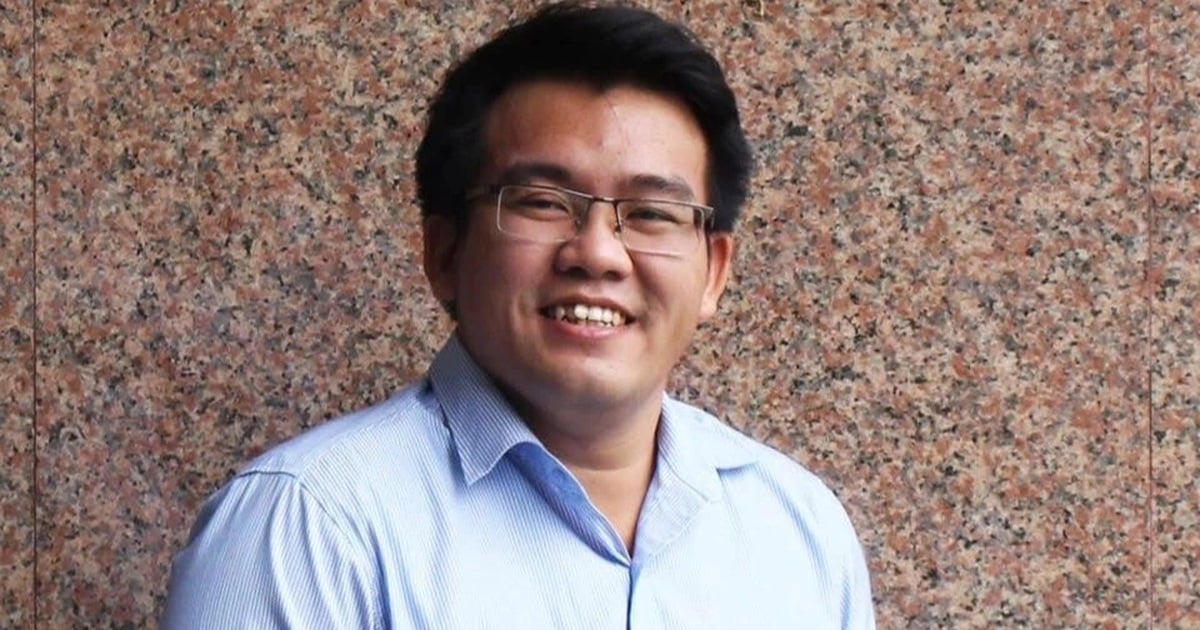



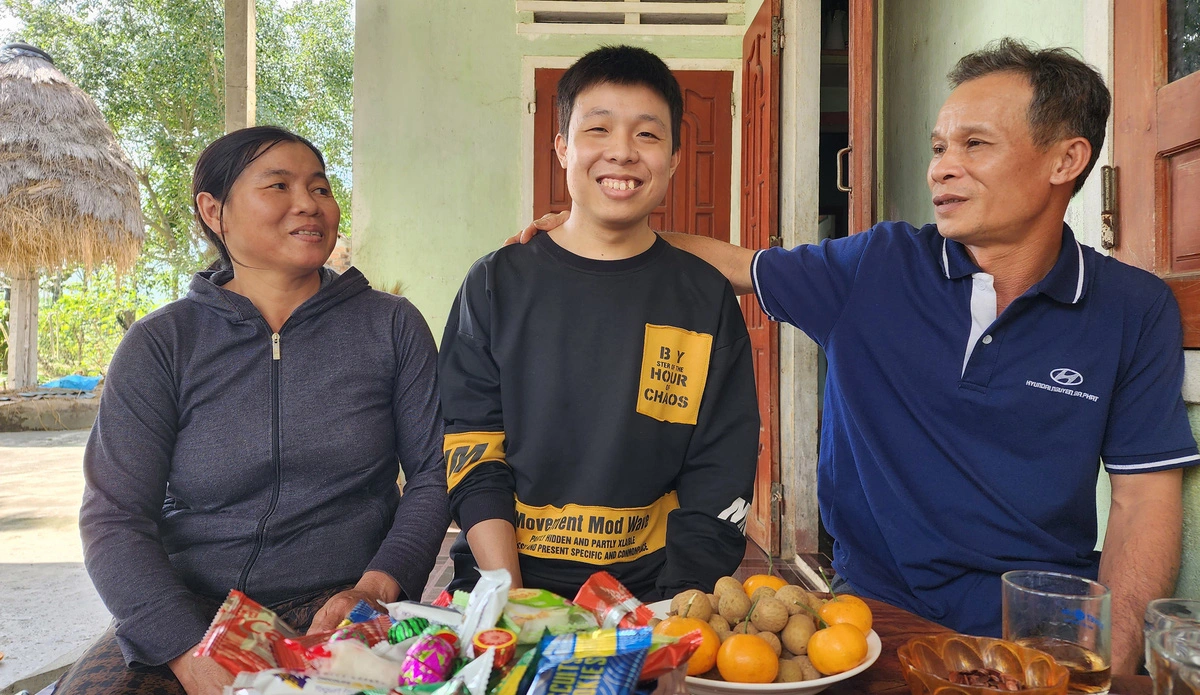







Comment (0)